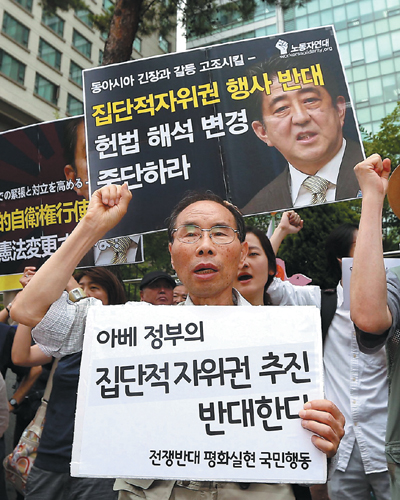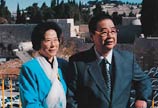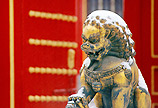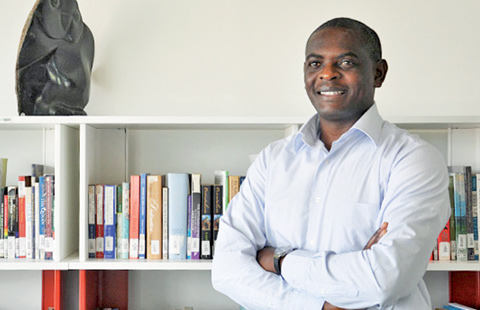Japanese cabinet lifts limits on self-defense
By Cai Hong in Tokyo and Zhang Yunbi in Beijing (China Daily) Updated: 2014-07-02 07:49
 |
|
Protesters gather outside the Japanese embassy in Seoul on Tuesday to demonstrate their opposition to the Japanese government's plan to ease controls on its military. [Photo/Agencies] |
The main opposition party, the Democratic Party of Japan, denounced the reinterpretation as a "backroom deal that will not be recognized". The Japanese Communist Party said the reinterpretation violated the Constitution.
Yang Bojiang, a senior expert on Japan studies at the Chinese Academy of Social Sciences, said the new interpretation marks "a turning point in Japan's postwar security policy history", and it "does not bode well".
|
 |
Kazutoshi Hando, a prominent Japanese expert on the Showa Era (1926-89), warned in an interview with Japan's Jiji Press that the reinterpretation will "completely nullify Article 9 of the Constitution".
He forecast that Abe would seek to introduce a law to transform Japan's self-defense forces into a national military force. "That would be the point of no return. Japan would become a 'normal' country that is prepared for war," Hando said.
Shigeki Okuno, a 30-year-old social sciences major at Waseda University, said: "I oppose the collective self-defense because it will pave the way to war. Abe wants to restore Japan's militarism.
"We don't like the tension in the East China Sea, and we'll continue to protest. Today is not the end but the beginning," the student said.
At a discussion organized by Japan's Social Democratic Party, Toru Hayano, a professor at Oberlin University in Tokyo, said: "The Abe Cabinet will send young people to overseas battlefields."
Feng Wei, a Japan studies professor at Fudan University in Shanghai, said Tokyo is breaking away from the tradition of not launching a preemptive attack.
Contact the writer at caihong@chinadaily.com.cn
- Beijing expects healthy air by 2030
- Bonus-point system for gaokao trimmed back
- 105-year-old railway station in Hebei closes
- Shanghai hospital aims to create healthy workplace
- Executive apologizes for denying invasion
- Mortgage plan to aid seniors
- Chinese teens battling Internet addiction
- Rail travelers brace for summer rush in E China
- Beijing seeks foreign tricycle drivers
- Shandong Muslims begin Ramadan







